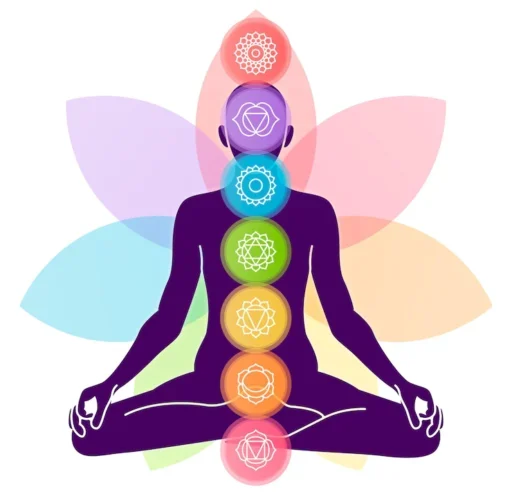“The world is a book, and those who do not travel read only a page.”
Buddha
Traveling has always been a way for people to explore the world and themselves. Throughout history, individuals have used travel as a means of personal growth and self-discovery. One such example is that of the famous Chinese explorer, Zheng He.
Zheng He, also known as the Admiral of the Western Seas, was a legendary explorer who lived in the 15th century. He is best known for his seven voyages across the Indian Ocean, which took him as far as Africa and the Persian Gulf.
These voyages were not just about trade and diplomacy, but also about self-exploration and personal growth. As Zheng He sailed across the Indian Ocean, he encountered new cultures, beliefs, and ways of life. This exposure challenged his own beliefs and broadened his perspective, leading to personal growth and a better understanding of himself.
In addition to encountering new cultures, Zheng He also stepped out of his comfort zone and faced new challenges during his voyages. He encountered storms at sea, navigated unfamiliar waters, and dealt with conflict and negotiation with foreign leaders. These experiences forced him to reflect on himself and his values, leading to greater self-awareness and personal development.
Just like Zheng He, modern-day travelers can also use travel as a means of self-exploration. Whether it’s a road trip across your home country or a backpacking trip across the world, travel provides opportunities to encounter new experiences, challenge your beliefs, and grow as a person.
In early days, monks us travelling as tool for following things.
- Spread the teachings of Buddhism: Monks were often sent out to spread the teachings of Buddhism to new regions and communities. They would travel from town to town, teaching and spreading the Buddhist philosophy.
- Seek enlightenment: Monks were also known to travel as part of their spiritual journey. They would visit different monasteries and sacred sites in search of knowledge, wisdom, and enlightenment.
- Foster community: Traveling monks also helped to foster a sense of community among Buddhist practitioners. By traveling from place to place, they would bring together different communities and help to strengthen the bonds of the Buddhist community.
- Seek refuge: In times of political unrest or persecution, monks would also travel to seek refuge in safer regions. They would seek out monasteries that offered protection and support, where they could continue their spiritual practices in peace.
Overall, the practice of traveling monks played a significant role in the spread of Buddhism and the growth of the Buddhist community. By traveling and sharing their teachings, they helped to promote the growth of Buddhism and its philosophy of compassion, wisdom, and peace.
Traveling has been shown to have numerous benefits on our physical, mental, and emotional well-being. Here are a few scientific reasons why traveling is good for you:
- Reduces Stress: Traveling can help to reduce stress levels by allowing you to disconnect from daily routines and responsibilities. A change of scenery and exposure to new environments can also stimulate the brain and promote relaxation.
- Improves Mood: Studies have shown that traveling can have a positive impact on our mood. The excitement and anticipation of planning a trip, as well as the positive memories created during the trip, can lead to increased happiness and reduced symptoms of depression.
- Boosts Creativity: Traveling can also have a positive impact on creativity. Being exposed to new cultures, environments, and perspectives can stimulate the brain and inspire new ideas and ways of thinking.
- Increases Physical Activity: Traveling often involves more physical activity than our daily routines, such as walking, exploring, or engaging in new activities like hiking or surfing. This increased physical activity can help improve overall fitness and reduce the risk of chronic diseases.
- Improves Cognitive Function: Traveling also provides an opportunity to engage in new experiences, learn new skills, and challenge the brain. This can help to improve cognitive function and delay age-related decline.
In conclusion, traveling has always been a powerful tool for self-exploration and personal growth. The example of Zheng He serves as a reminder that, no matter how far technology has advanced, the transformative power of travel remains unchanged. The science of traveling suggests that it can have numerous benefits on our physical, mental, and emotional well-being. Whether it’s a local weekend getaway or an international trip, traveling can help us recharge, gain new perspectives, and grow as individuals.

